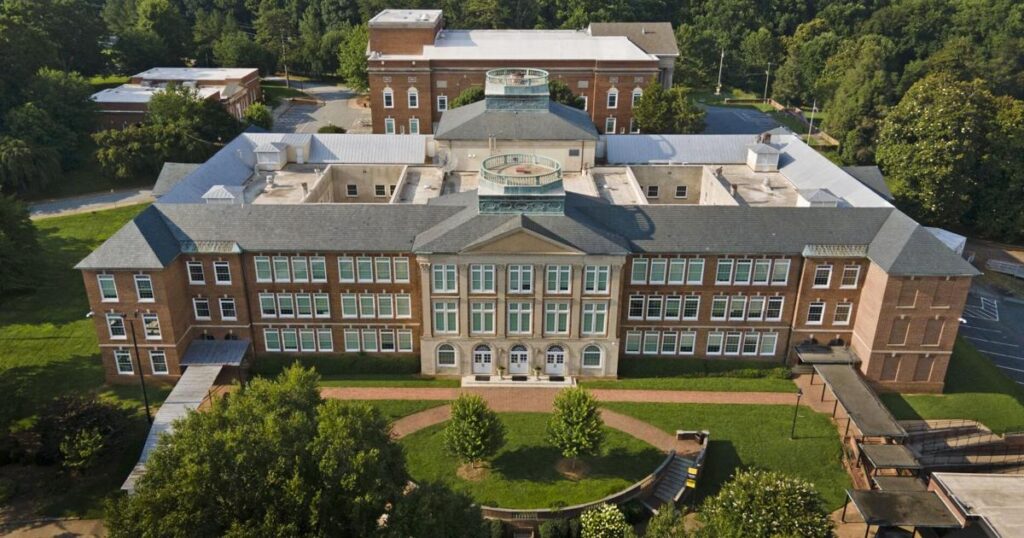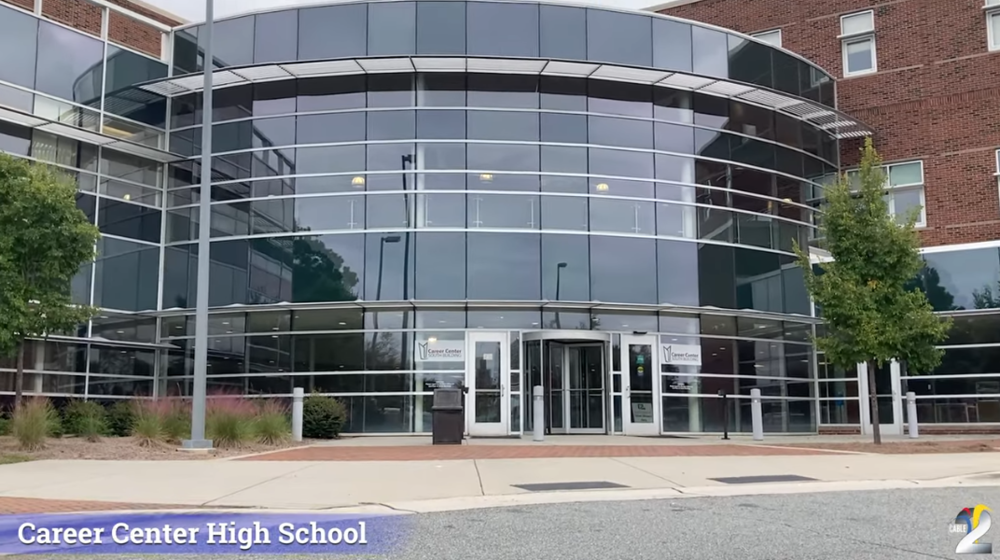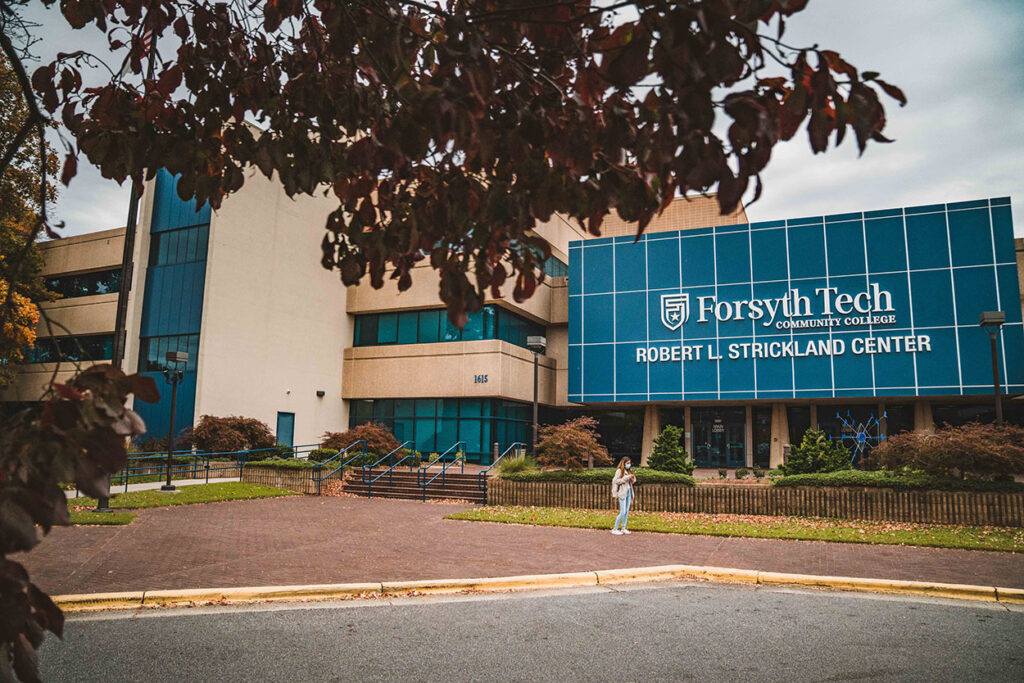By Caroline Lovett and Jackson Colo
Features Editor and Staff Writer
Scheduling is notoriously one of the most stressful parts of the school year. The buzzing debate on what courses to take, which teachers are the best, and whether or not to take classes at the Career Center fills R.J. Reynolds High School’s halls. However, many have started asking new questions, such as how many Advanced Placement classes they should take, whether they should attend Forsyth Tech, and what their class rank is.
When it comes to knowing what to do, Nicole Beale, the Director of Student Services, is a pro.

“Before about 15 years ago, pretty much no freshmen or sophomores took an AP class at all,” Beale said. “The gold standard, if you weren’t trying to be number one in your class, was to take three APs junior year and three APs senior year. Nowadays, that hasn’t really been the case.”
Beale details the increasing enrollment in AP classes at RJR, stating how freshman enrollment in AP World History has had a 420% increase over the past four years. Additionally, enrollment in AP Psychology, a typical class for upperclassmen, has also increased.

“The trend for [AP Psychology] was that 15-ish years ago, one kid took it,” Beale said. “Then, the next year, three kids took it. The next 30 kids took it, and then 50 kids took it, and then the next year 100, 150 kids took it. That’s kind of where it stands today.”
In addition to the increasing interest in Advanced Placement classes, Beale details how she is starting to see an increasing shift towards Dual Enrollment at Forsyth Technical Community College.

“Forsyth Tech classes used to get honors credit,” Beale said. “They eventually started getting AP credit because they were college classes. When they were honors credit, we had very few kids take community college classes. Now, I see a lot more kids doing a combination. This year, I’m starting to see kids sign up for five or six APs as a junior while also trying to squeeze in three or four dual enrollment college and career promise classes.”
As class rigor increases, teachers, counselors, and officials are beginning to worry that students are taking on too big of a load. Between sports, arts, clubs, and other extracurricular activities, adding on a slew of AP classes and Dual Enrollment classes can take a massive toll on the mental health and well-being of a student.
“I’m starting to see students drop classes that they are passionate about just so they can maybe take four or five APs as a sophomore,” Beale said. “It is causing me a fair amount of panic because you’ve got 15-year-olds potentially taking a full college load while also taking a partial high school load and having a really long day. If you go to the Career Center, you’re in school from 8:00 to 3:40 and then on top of that, you are doing all the other high school things.”
The echo chamber of students’ bouncing grades, GPAs, test scores, and class ranks only increases feelings of panic. This has become extremely prevalent recently, however, it hasn’t always been this way.
“I would love to go back to when students took rigorous courses, but maybe took them in areas of interest, and then maybe had a little more balance in areas they weren’t as strong in,” Beale said. “I think there are some people that are strategic about taking College and Career Promise classes to save money in college, but in my opinion, 99.9% of it is class rank driven.”
The stress and anxiety surrounding scheduling decisions seem to be on a daunting increase with no hopes of slowing down. However, Beale believes there could be a solution.
“What would stop it?” Beale said. “Stop doing class rank… lots of schools don’t report. People would stop worrying so much about whether they were number eight versus number 18 if we were not handing them pieces of paper that said that. When I see people giving up the things they really love… I just really hate to see people give up on those things just to take an AP.”